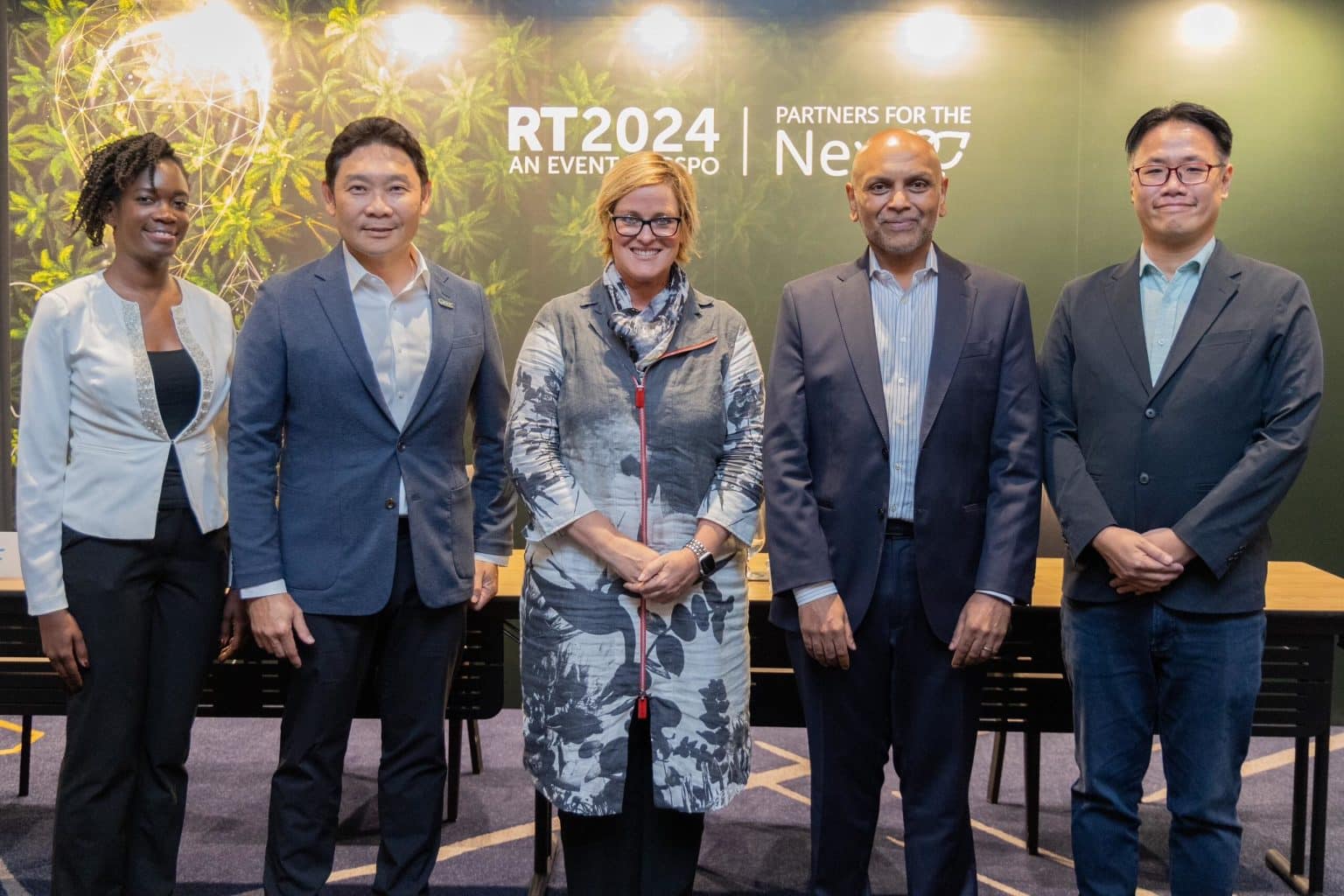The Roundtable on Sustainable Palm Oil (RSPO) hosted its annual conference in Bangkok this week, rallying the sector to accelerate innovation and adopt transformative practices. Held in partnership with Thailand’s Ministry of Agriculture and Cooperatives, the event highlighted the RSPO’s revised 2024 standards, which focus on tackling deforestation, strengthening human rights, and including smallholders in global supply chains. The RSPO’s first Secretary General, Teoh Cheng Hai, delivered a keynote stressing the importance of partnerships in achieving the United Nations’ Sustainable Development Goals for 2030.
The revised standards, encompassing the RSPO 2024 Principles & Criteria (P&C) and the Independent Smallholder (ISH) Standard, bring updates to auditability and market relevance. RSPO CEO Joseph D’Cruz expressed confidence in RSPO’s ability to lead the industry, noting that the updated standards include enhanced verification systems and a digital certification platform for traceability, known as “prisma.” D’Cruz highlighted that prisma would support members’ risk assessments and aid compliance with regulatory demands.
The conference saw several strategic partnerships designed to enhance sustainable palm oil production. One notable collaboration was between RSPO and the High Conservation Value Network (HCVN), renewing a commitment to protect high conservation value (HCV) and high carbon stock (HCS) forests. The partnership will establish standards for conserving biodiversity and critical ecosystems within palm oil landscapes, with a particular focus on protecting areas vital to indigenous communities.
Smallholder inclusion was also a focal point of the discussions. Currently, RSPO-certified smallholders number over 40,000 worldwide, with new certifications expanding into regions like Colombia, Ecuador, and Honduras. At the event, RSPO signed a memorandum with Thailand’s Global Green Chemicals (GGC) and German development entity GIZ to incorporate climate impact reduction within the certification process for smallholders. This initiative will focus on carbon reduction and includes a new tool for smallholders to measure greenhouse gas emissions. GGC’s Managing Director, Kridsada Prasertsuko, said the company aims to reduce emissions by 20% by 2030 and reach net zero by 2050.
Thailand, a leading palm oil producer, has embraced RSPO’s mission, with 85% of its production led by smallholders, many of whom are women. The conference underscored the role of these smallholders in Thailand’s sustainable palm oil strategy. Dr. Taworn Thunjai, a Ministry of Agriculture official, praised the RSPO’s impact, noting that 42% of RSPO-certified smallholders in Thailand are women, significantly higher than the global average.
Demand for certified sustainable palm oil (CSPO) has risen globally, with RSPO-certified areas now covering 5.2 million hectares across 23 countries. The CSPO supply reached 16.1 million metric tonnes in 2023, while demand increased by 7.2%. A notable boost came from China, where dairy giant Yili Group and leading trader Yihai Kerry received the country’s first CSPO shipment, marking a growing trend toward sustainable sourcing in China’s palm oil market.
RSPO’s commitment to driving sustainability was celebrated at its Excellence Awards, where companies including Ferrero and Chester Zoo were recognised for their contributions. For further information on our work and impacts, view the RSPO Impact highlights here.




